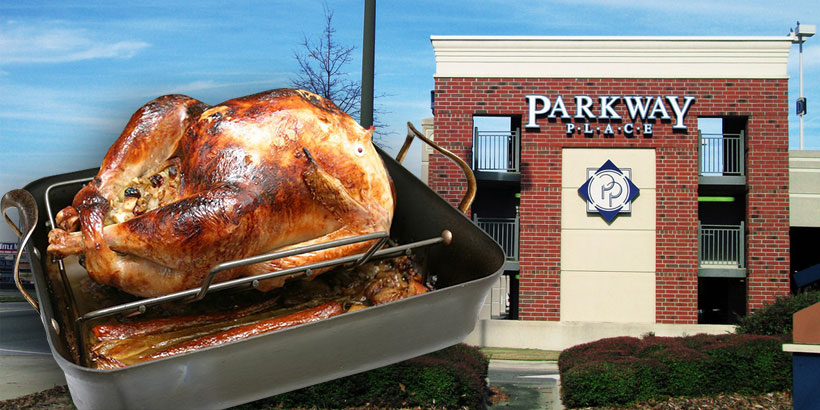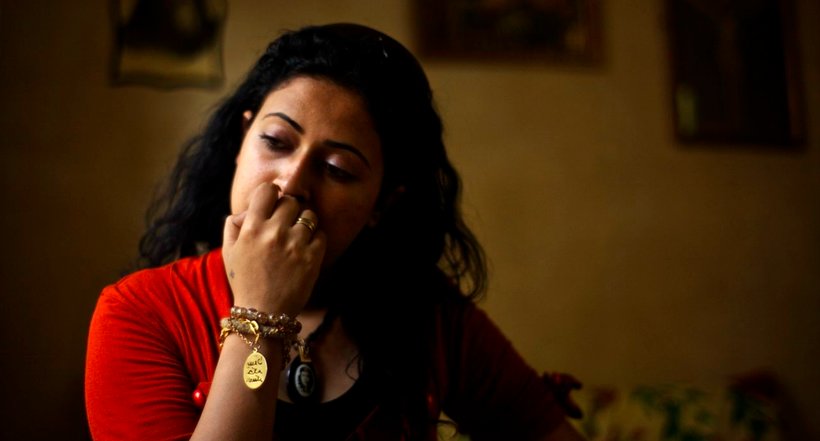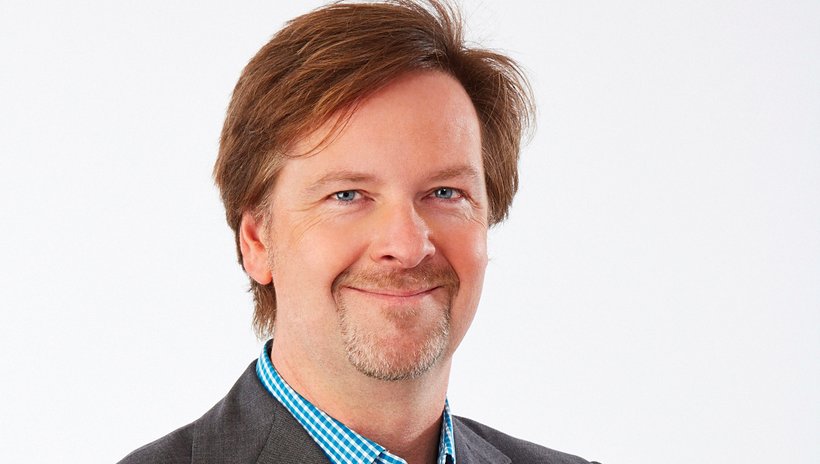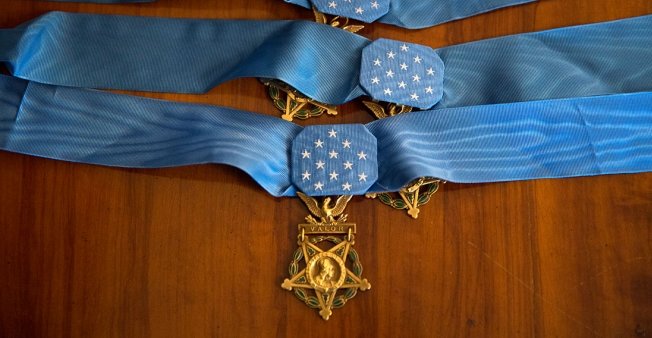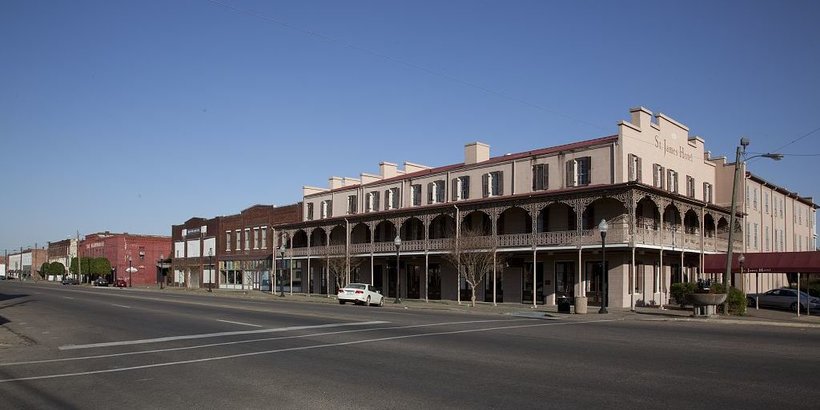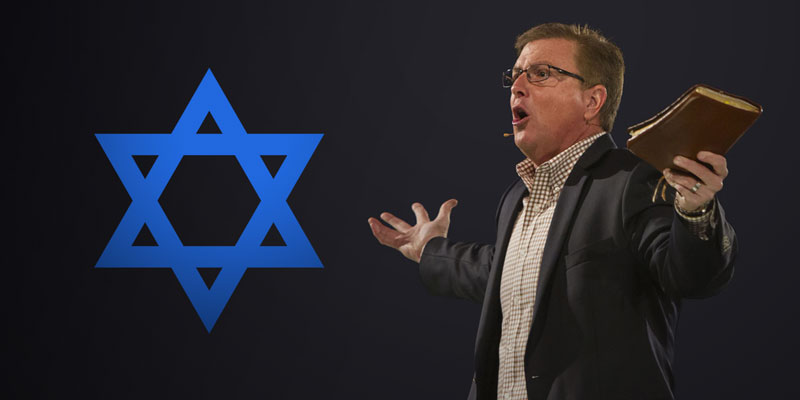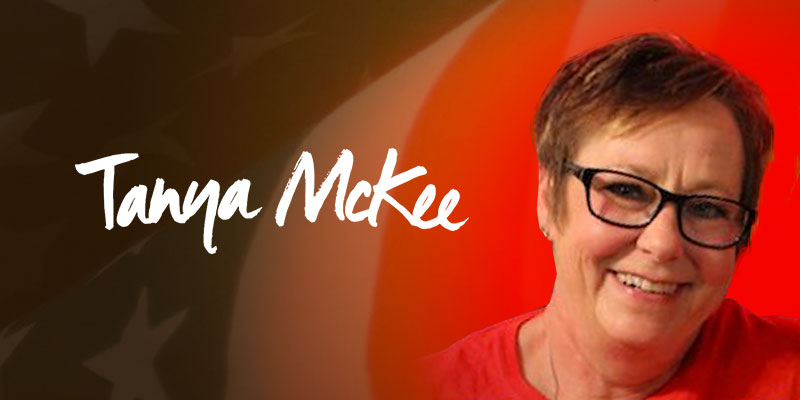
Following years of advocating on behalf of her son, one Alabama woman just received a major honor for her work as a caregiver.
The Elizabeth Dole Foundation announced that Gadsden mother Tanya McKee had earned a spot among 30 other Caregiver Fellows, and will be charged with acting as an ambassador, educator, and spokesperson for the Hidden Heroes initiative. The program seeks to bring awareness to the needs of military and veteran caregivers.
On April 19, 2008, Tanya received the call most difficult call of her life. Her son Matthew, an Army intelligence gatherer, had sustained a severe traumatic brain injury after being targeted during a gang initiation.
The news was dire. At the time, doctors believed that Matthew wouldn’t survive long enough for Tanya to make a flight to Texas to see him. However, as a critical care nurse, she instructed his medical team to “go to my baby’s room, put your hand on him, lean into his ear, and tell him his mother is coming.”
He not only survived the night, but remains under her care to this day.
“They told me when they called me that Matt wouldn’t live, but every day he makes forward progress,” Tanya told Yellowhammer. “He’s very interactive. He’s extremely intelligent. He has got a wicked sense of humor. He has an almost 3-year-old nephew, and they are partners in crime.”
Tanya said that Matthew is totally paralyzed in his left arm and hand, and “mostly” his left leg. She added that his thought process is sometimes labored, though they continue to make the most of every moment and enjoy camping and frequent travel.
She then acknowledged that, while she was an experienced caregiver prior to her son’s injury, she sometimes felt at a loss. As an Elizabeth Dole Fellow, she wants others in her situation to know they’re not alone.
“When Matt got injured and we got into rehab, I had absolutely no idea of what my resources were, what to do, who could help me, was there anyone else that out in this world like me? That’s what caregivers need to know. They need to know that there are places and people and organizations that can help them and support them, and they’re not flapping in the breeze,” she said.






